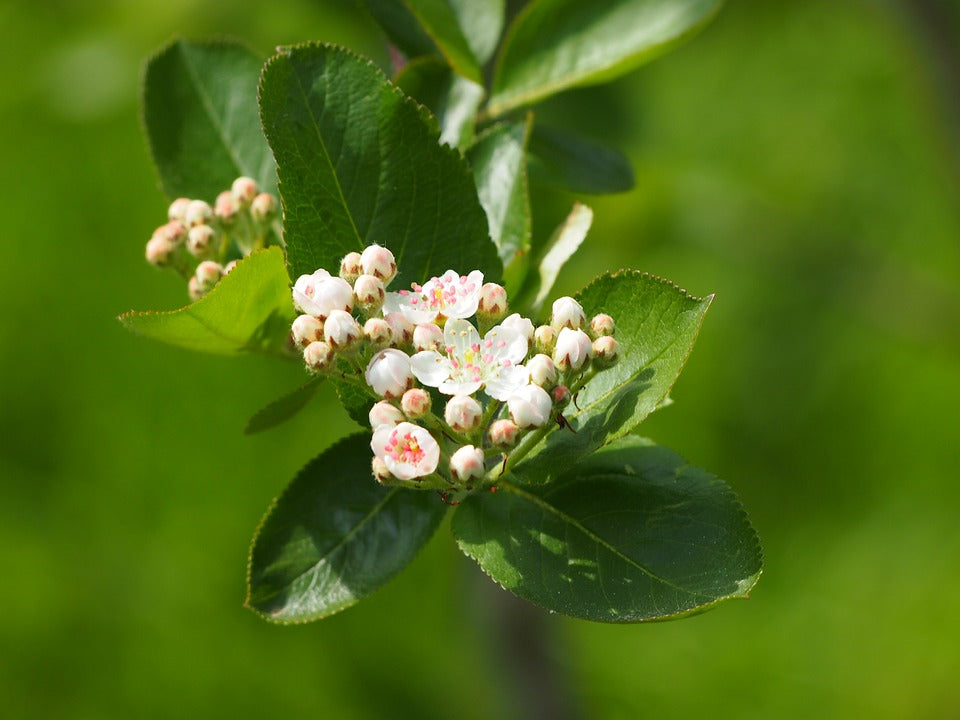Offer
Provide additional details about the offer you're running.
Provide additional details about the offer you're running.
Provide additional details about the offer you're running.

As we round out what we certainly hope will be this winter’s last cold snap of winter weather, many of us are looking forward to the melt and eventual bloom of spring flowers. As such, many of us can routinely find ourselves daydreaming about those outdoor projects around the yard we either started last year or earmarked for development this year.
No matter what stage you are in, one thing we urge all of you to keep in mind before you put shovel to soil this year is to ensure where and when possible the grasses and plants you utilize are native to our (your) area.
While non-native and ornamental species can certainly add to the wow factor of your garden and property, these plants to not, unfortunately, bring the same amount of benefit to our birds, bees, insects and other wildlife that native plants do.
A recent example of this is a non-native ornamental plant called the Japanese Yew. This one plant, used by some homeowners in regions of Idaho has caused the deaths of 16 elk and 50 pronghorn antelope this winter alone. This, much like many other plants when ingested, can be detrimental to many living organisms in the environment.

Perhaps the biggest reason is that because they are native, these types of plants and grasses do not require fertilizers and often require very few pesticides if any. Additionally, native plants can help fight growing problems such as climate change and air pollution. As native species, they often require less water (they are designed for our environment, rather than a tropical one) and they can help prevent soil erosion, by increasing the soil’s capacity to store water through deep rooting systems.
As birders, we appreciate these plants for the broad range of diversity they can offer us throughout the year. Hummingbirds sip the nectar from native species and inadvertently pollinate many other flowers. The small insects derived from these environments also provide many other species with a reliable food source throughout the seasons, not to mention the shelter and refuge these kinds of plants offer our birds as well.
From a more holistic viewpoint, these plants can even help give us as humans a better sense of belonging. As we increasingly develop our outdoor spaces, the use of native plants helps us to better live in harmony both aesthetically and spiritually with the natural world around us.
High Quality Blend